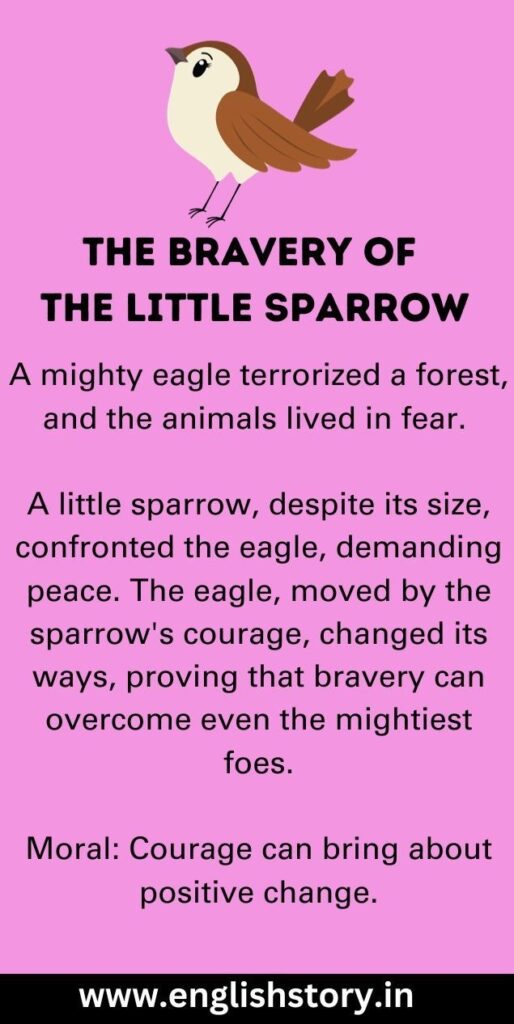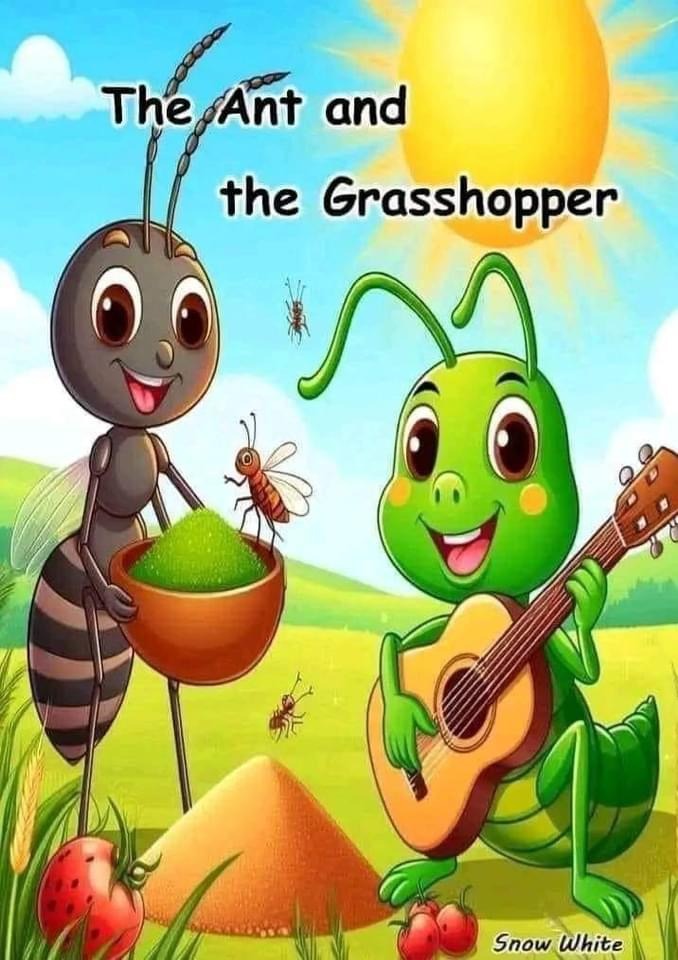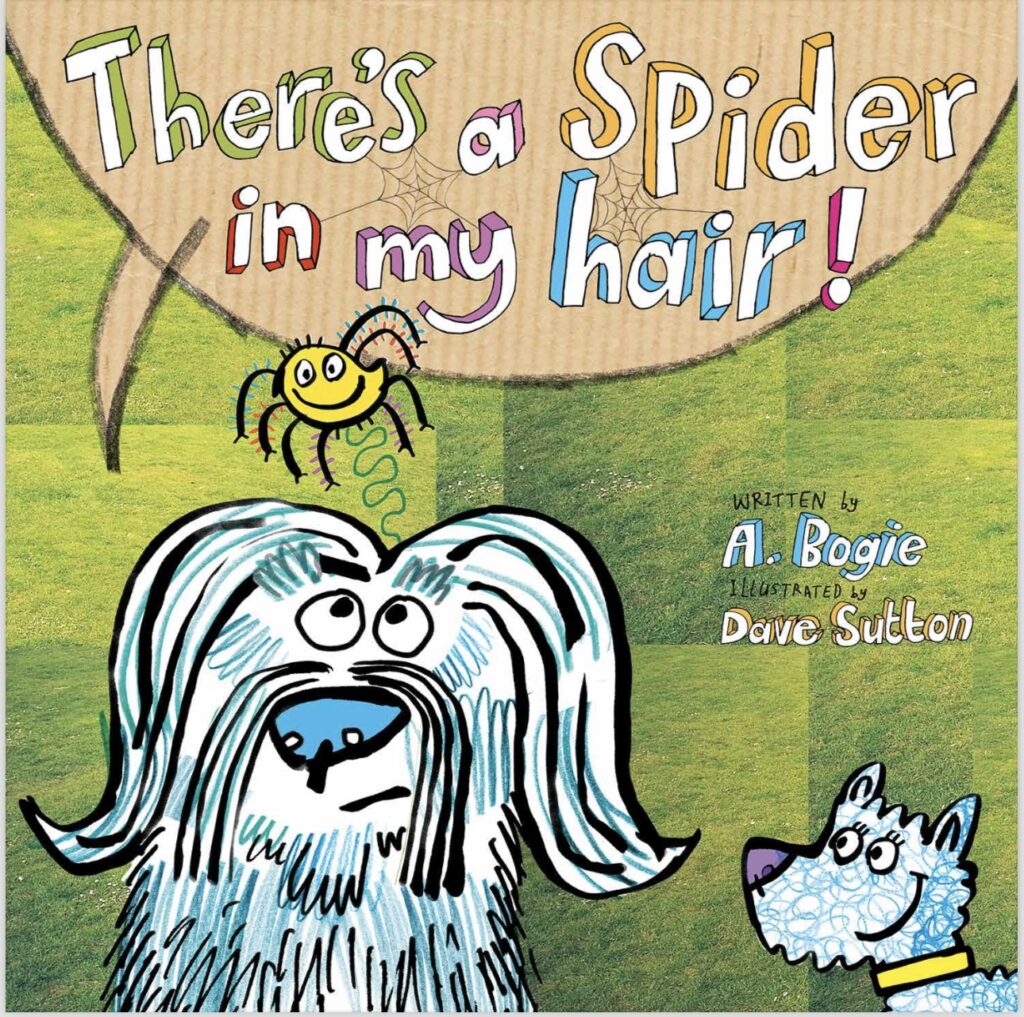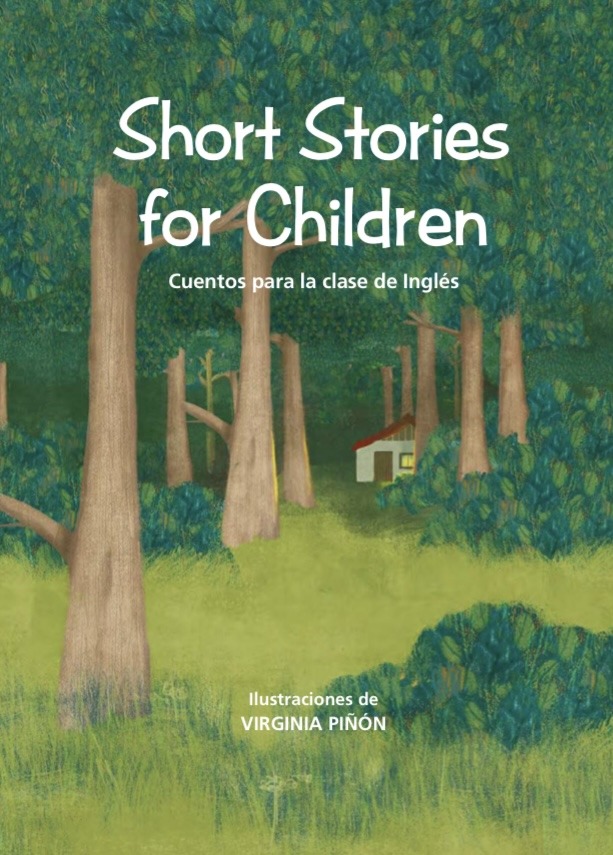Story Books For Kids
Story Books for Kids 📚✨
In a world dominated by screens and digital entertainment, the timeless allure of storybooks for children remains a vital cornerstone of childhood development and imagination. Storybooks are more than just tales woven with words; they are gateways to wonder, empathy, and learning. From classic fairy tales to modern adventures, these books play an integral role in shaping young minds and hearts.



There’s a Spider in my hair!

Short stories for Children
The Power of Imagination
One of the most profound impacts of storybooks is their ability to ignite a child’s imagination. When children listen to or read stories, they are transported to fantastical worlds filled with dragons, fairies, talking animals, and brave heroes. These imaginary landscapes encourage creative thinking and help children develop the ability to visualize scenarios and characters. As they journey through these fictional worlds, kids learn to dream and innovate, skills that are invaluable in both personal and academic growth.
Building Empathy and Understanding
Storybooks often present children with characters and situations that they might not encounter in their everyday lives. Through the eyes of these characters, children learn to empathize with others, understanding different perspectives and emotions. Stories about diverse cultures, experiences, and challenges help foster a sense of empathy and global awareness. For instance, a story about a child from a different country can teach young readers about cultural diversity and acceptance.
Language and Literacy Development
Reading storybooks is a fundamental way to develop language and literacy skills in children. As they listen to or read stories, they are exposed to new vocabulary, sentence structures, and expressive language. This exposure is crucial for building a robust vocabulary and improving comprehension skills. Moreover, the rhythmic and often repetitive nature of children’s storybooks helps reinforce language patterns, making it easier for kids to grasp and remember new words and phrases.
Moral Lessons and Problem-Solving
Many storybooks are imbued with moral lessons and themes that teach children about right and wrong, kindness, bravery, and perseverance. Classic tales like “The Tortoise and the Hare” or “The Little Engine That Could” impart valuable life lessons about persistence and believing in oneself. Additionally, storybooks often present problems that characters must solve, encouraging young readers to think critically and develop their problem-solving skills. These lessons are conveyed in a gentle, engaging manner that resonates with children and helps shape their values and decision-making abilities.
Bonding and Emotional Connection
Reading storybooks is often a shared activity between parents and children, creating opportunities for bonding and emotional connection. The act of reading together fosters a sense of closeness and security, as children associate the warmth and safety of a parent’s presence with the joy of storytelling. This shared experience not only strengthens familial bonds but also cultivates a lifelong love of reading.
Cultivating a Lifelong Love of Reading
Introducing children to storybooks at a young age sets the stage for a lifelong love of reading. When children associate reading with pleasure and adventure, they are more likely to develop a positive attitude toward books and learning. This early exposure to literature lays the foundation for academic success and intellectual curiosity, as children who enjoy reading are more inclined to seek knowledge and explore new ideas throughout their lives.
The Evolution of Storybooks
While the essence of storybooks remains timeless, their formats have evolved with technology. Today, children can enjoy stories in various formats, including digital e-books, interactive apps, and audiobooks. These modern adaptations offer new ways to engage young readers and make stories accessible to a broader audience. However, the tactile experience of holding a book and turning its pages continues to be irreplaceable, providing a sensory experience that digital formats cannot replicate.
In conclusion, storybooks for kids are much more than mere entertainment. They are essential tools for fostering imagination, empathy, literacy, and moral development. Whether through the whimsical tales of Dr. Seuss or the adventurous worlds of J.K. Rowling, storybooks have the power to shape and enrich the lives of children, leaving an indelible mark on their hearts and minds. As we continue to embrace new technologies, the timeless magic of storybooks will remain a cherished part of childhood, nurturing the next generation of dreamers and thinkers.